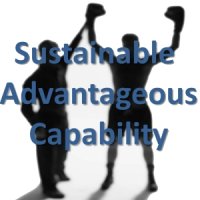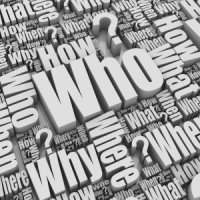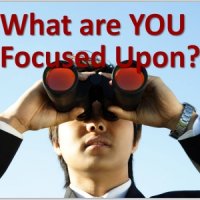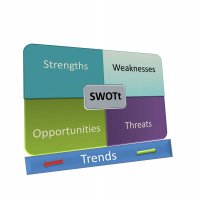If you want to be a truly effective manager, you need to be able to shift roles situationally. Some do this quite naturally and often effectively, but most do not, at least not without a fair amount of forethought and practice (i.e. work developing new habits). We arrive at work each day with a set of natural tendencies, attitudes, motivations, likes and dislikes that largely guide our responses. It is the strongest of these, that typically drive our behavior and to be effective, a person especially a leader needs to understand themselves and each of these areas. Along with this, should they have stress issues and most people do, they need to understand the impact on their behavior of their current stress level or the likely stress level when they take action. (Consider Paradox Theory)
To achieve this, some use, to them, the most obvious tool for this, that is, personality typing tools (or assessments loosely based on these) which are cheap and easy to complete. Unfortunately, they most typically lead to mixed outcomes. On the negative side, these will group people into 8 or 12 or 16 or 24 or… categories and then, for each give the assessee a novel-sized summary of outputs of how they are likely to respond to "things". Looks great but while these people may have considerable alignment with some of the traits, people simply do not fit into neat categories like this. So some might provide good insight and some is simply wrong and misleading. On the positive side, it does bring up issues that need to be discussed relative to historical behaviors and this does help improve true self-awareness. Ideally however, to address this properly, you need to assess personal characteristics discretely which is one reason we recommend applying the science of Paradox and the Harrison Assessment which does this.
In our next article, we'll identify the roles and then discuss issues in being most impactful in each.


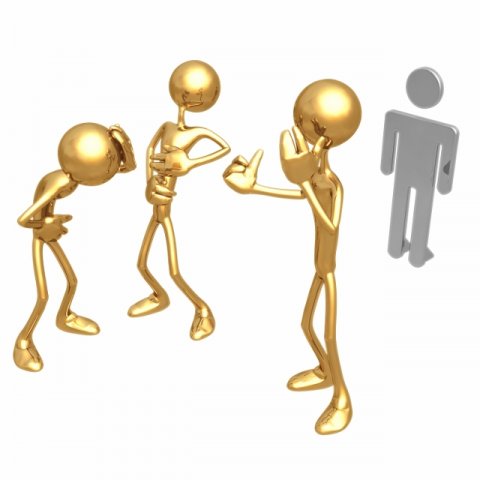

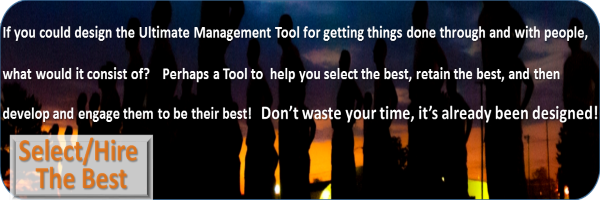
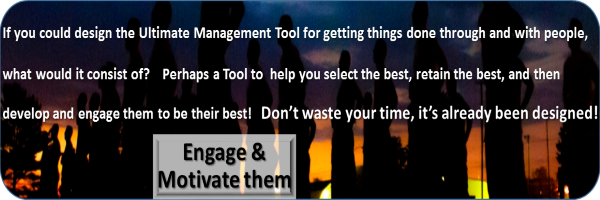
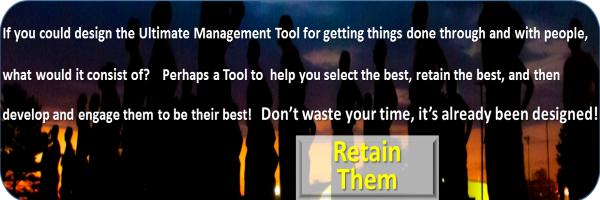
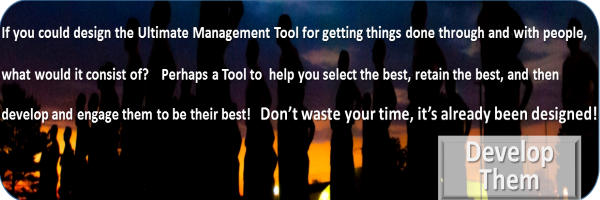
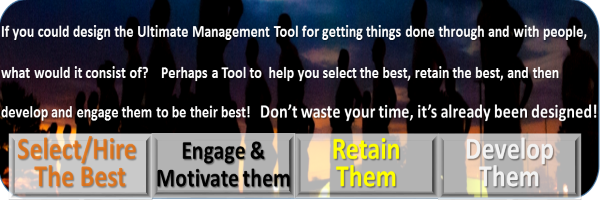
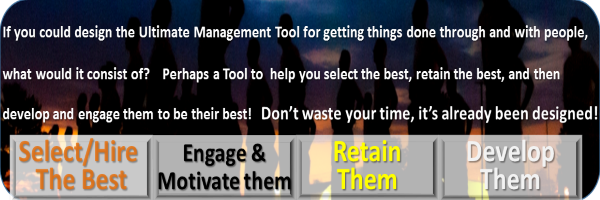


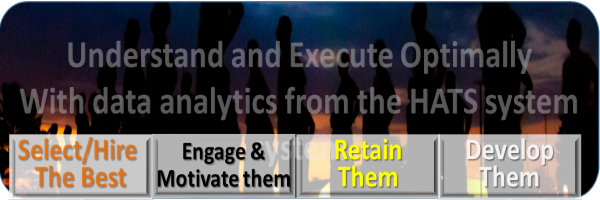







 One of the most difficult challenges managers face is choosing the right people and understanding how to get them to perform at their best. During the last 12 years of our experience, we have found no other tool except the Harrison Assessment that enables this kind of capability with incredible accuracy and insight.
One of the most difficult challenges managers face is choosing the right people and understanding how to get them to perform at their best. During the last 12 years of our experience, we have found no other tool except the Harrison Assessment that enables this kind of capability with incredible accuracy and insight.










